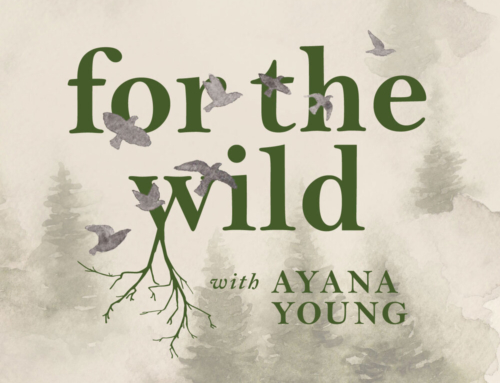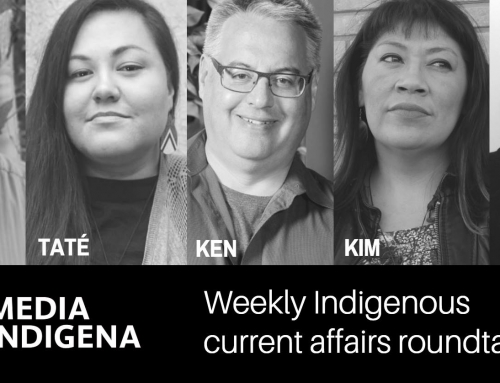“Where are you from?”
It’s one of the first questions asked by indigenous people when they meet. It’s asked because kinship is defined by where people come from, and who their folks are.
Last week the Aboriginal Peoples Television Network’s Jorge Barrera released an investigation questioning Joseph Boyden’s indigenous heritage. Boyden is one of Canada’s most prominent writers on indigenous culture.
Much of the confusion surrounding Boyden’s heritage is the result of his own shifting story. Boyden has represented himself, variously, as Métis, Ojibwe, Anishinaabe and Nipmuc. He has also identified himself as Mi’kmaq in published quotes that he claims were the results of misunderstandings.
In the conversations around Boyden there’s tension between how mainstream Canada defines indigenous and how First Nations, Inuit, and Métis cultures do. Identity in these communities is complicated; kinship is viewed differently by different groups.
The controversy also brings to the surface deep issues of colonialism in Canada. Since the late 1880s the Canadian government has operated under a paternalistic statutory regime that, in seeking to categorize people as “Indians” for the purpose of control, imposes on indigenous people a Eurocentric notion of the nuclear family. Such top-down categorization inevitably leads to confusion over who’s in and who’s out.
And for an indigenous person raised or living in an urban environment, it can be a challenge to claim identity. One needs to decolonize one’s own story in a diaspora. By way of example, I’m Métis, and my family comes from Red River. Far from clinging to indigenous identity, my family has walked through the world with the privilege afforded to those who could “pass” as white. At the same time my grandmother passed on the tradition of jigging to my sister. My grandmother grew up around Métis culture in a way that her children and grandchildren have not.
Kim Tallbear is an associate professor of native studies at the University of Alberta. I asked her about indigenous heritage and the recent allegations against Boyden. “I’m not looking to call Boyden out and I don’t want to paint him as a bad guy,” she said. “I view him as a part of a broader structural problem.” [Read more]


